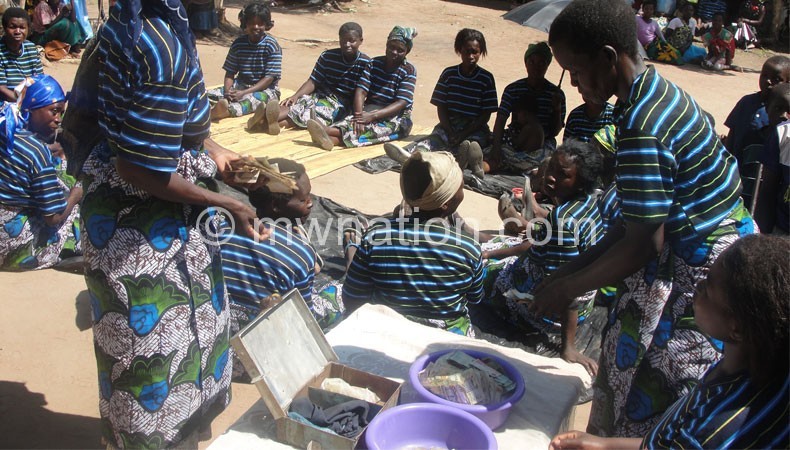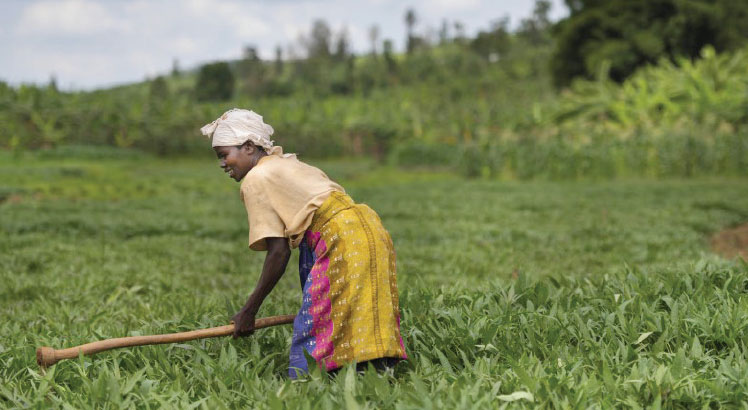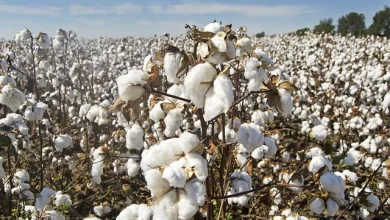Kwacha devaluation hits savings groups
Village savings and loans (VSLs) group members say the 44 percent devaluation of the kwacha will hit them hard because of the price increases of the groceries they share at the end of the year.
VSLs groups have been saving and had only a month to share the groceries when the kwacha was devalued last week, triggering immediate prices increases.

As Blantyre-based Ladies with Vision Savings and Loans Group chairperson Linda Mzunga said in an interview on Tuesday that because of price increases, what they had planned to buy will not be enough for the group.
“Devaluation came as a shocker to us. We save money with a purpose. We had plans to buy groceries at the end of our six-month cycle in mid-December,” she said.
Mzunga, whose group members contribute K46 000 monthly for six months and provide loans at 20 percent interest, is concerned with the shattered expectations come December.
Joyce Masta, chairperson of Zomba-based Yankho VSLs Group, whose members contribute K5 000 per month for a year, has no kind words for devaluation.
She said while her group tries to accommodate the less privileged women in society, it will be more difficult to convince them to save during the next cycle.
With a contribution of about K5 000 per month, every member would have contributed K60 000 in shares and K20 000 in interest earnings.
Mzuzu-based Rita Chisokwe said before the devaluation, members from her Yewo VSLs Group were hoping to buy soap, sugar, cooking oil and salt from their K20 000 monthly contribution and an interest of K30 000 for a six month cycle.
The story is no different from the Community Savings and Investment Promotion’s (Comsip) almost 16 394 VSLs groups, most of whom save to improve their livelihoods.
Most members of Comsip’s VSLs groups are beneficiaries of the social cash transfer and public works programmes.
Comsip development communications officer Mercy Kayuni said in an interview on Tuesday that although some of their members had already bought fertiliser at the then market prices of K67 000 per 50 kilogramme (kg) bag, more members were yet to do so.
“Now with the devaluation and the increase of price of a bag of fertiliser has gone up and we fear that some of those that are still growing their money for this purpose will not be able to buy fertiliser,” she said.
Centre for Research and Consultancy economist Ryan Kabambe said yesterday the devaluation will cause prices to rise, as such, groups that were saving in village banks will buy less groceries than expected.
He said: “Savings do not necessarily lose value at the same devaluation percentage. Devaluation is a decrease in the purchasing power of currency.
“Savings are only affected depending on where they are saved and how they are invested. “
Economist Bond Mtembezeka said in an interview that devaluation afffects domestic purchases through price escalations.






One Comment